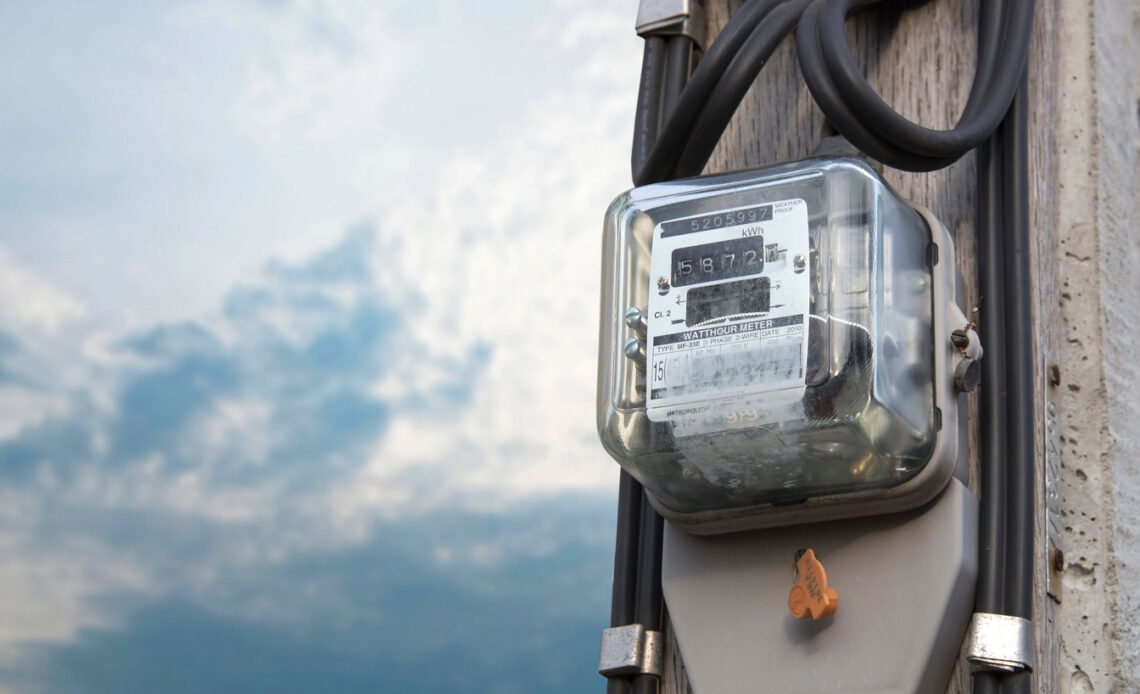
On Tuesday, Prime Minister Prayut Chan-o-cha stated that the government is increasing efforts to discover new alternative energy sources in response to concerns about rising electricity bills during the summer months.
He addressed criticisms on social media and demands for the government to do more in order to reduce people’s energy expenses.
“We have to consider why the bills go up. It is a complicated issue involving production costs and management.”
“We will look at things that can be done. Don’t worry. I’ll see to it myself,” the prime minister declared.
He mentioned that electricity rates are connected to business operations and long-standing contractual obligations. “But the government will try to ensure no one is disadvantaged,” Gen Prayut stated.
He continued, emphasizing that the government has been working to identify and promote more affordable energy sources, such as renewable energy, and to encourage local communities and households to use solar cells to capture sunlight and convert it into electricity.
“We should also look at the energy prices and gasoline prices in other countries. But don’t compare ours with countries that have their own energy sources.
“Thailand still has to buy energy from other countries because the domestic natural gas supply in the Gulf of Thailand is declining. We have to import energy from Myanmar or Malaysia.
“So, we have to set up efforts to find other alternative sources of energy. It won’t happen very soon, but we are making much progress,” Gen Prayut explained.
Social media users have shared images of their costly bills, with one Facebook user recounting that in April of the previous year, he contracted Covid-19 and self-isolated at home for 16 days, using two air-conditioners alternately. The electricity bill for that month totaled 1,348 baht.
“But this April, I used electricity as usual and took five days off during the Songkran holiday, but the power bill amounted to 2,060 baht,” he said.
The Energy Regulatory Commission (ERC) recently resolved to enforce a single electricity bill rate between May and August.
This decision will result in lower electricity bills for businesses but higher ones for households, especially unwelcome during the sweltering summer heat.
The new rate will be 4.77 baht per kilowatt-hour, lower than the current rate businesses are charged from January to April at 5.33 baht per unit, but an increase from 4.72 baht per unit for households.
The ERC carried out online surveys from March 10–20 to collect opinions supporting its decision.
However, this action has faced significant backlash for favoring the industrial sector, as the revised rates will allow businesses to save 10% on their bills while households will experience a 1% increase in electricity fees, according to observers.
The primary factor is the 5% increase of the “fuel adjustment tariff,” known as Ft, during the May-August period, while the Ft related to power use by industry is anticipated to decrease by 30%.
The government and ERC defended the higher Ft rate for households from May to August by stating that they had already provided a 3.2-billion-baht subsidy for vulnerable groups, such as low-income earners and households consuming less than 300 units.
Mingkwan Sangsuwan, a member of the Palang Pracharath Party’s strategy committee, said the committee agreed with a campaign promise to lower the rate to 2.50 baht per unit for households and 2.70 baht for the industrial sector.
This will be accomplished by modifying concession contracts for natural gas production in the Gulf of Thailand.
Sirikanya Tansakun, deputy leader of the Move Forward Party, said the party would reduce power bills by 70 satang per unit by utilizing the mechanisms of the ERC. It would also enable consumers to shop around.




















